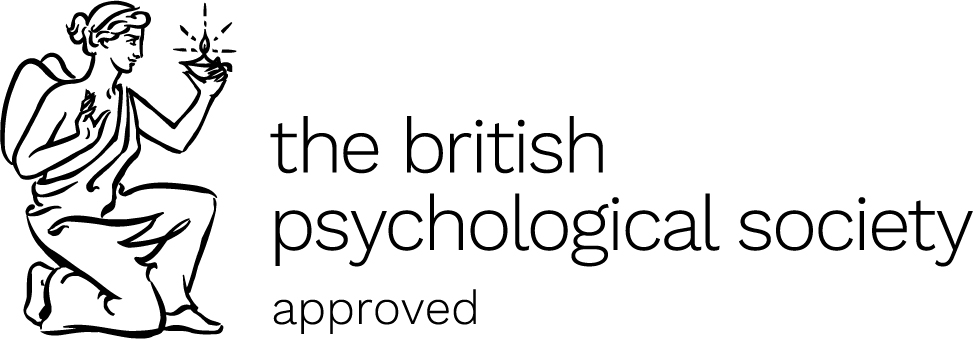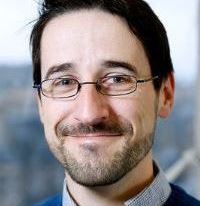
Course Brief
CLICK HERE TO BOOK
This course forms part of the following certificates:
- BPS Approved Certificate in Acceptance & Commitment Therapy (ACT)
- BPS Approved Certificate in Third Wave CBT
The course can also be taken as an independent online course.
Acceptance and Commitment Therapy (ACT) is a treatment package that combines several traditions such as early behaviourism, positive psychology and mindfulness. ACT is a trans-diagnostic model that has been successfully used to treat conditions such as depression, anxiety, PTSD, chronic pain, eating disorders and substance misuse just to name a few. ACT’s target is to promote psychological flexibility, that is, the ability to behave in a way that is consistent with one’s values even in the presence of aversive experiences (e.g. thoughts, feelings, physical pain). This is true as much for our clients as for the ACT practitioner. If you work in a context in which behaviour change is paramount, then this course will provide you with some very useful tools.
CLICK HERE TO BOOK
This course forms part of the following certificates:
- BPS Approved Certificate in Acceptance & Commitment Therapy (ACT)
- BPS Approved Certificate in Third Wave CBT
The course can also be taken as an independent online course.
This Introduction to ACT course is fully updated with additional reading and options for practice. Suitable for practitioners new to ACT or those who have completed this course in the past and want to update their Accreditation.
Issues Covered
ACT basics:
- What is ACT?
- What is ACT’s model of human suffering? (Inflexahex)
- What is ACT’s model of growth? (Hexaflex)
- ACT conceptualisation
This part of the course will cover the philosophical and scientific underpinnings of ACT and how these inform a model of human suffering and growth. Case studies will be presented to illustrate ACT’s model of conceptualisation.
Taking your first steps:
- Engaging clients with a new approach – Creative hopelessness
- Walking the hexaflex
- Acceptance/willingness as an alternative
- Values
- Cognitive defusion
- Observer-self
- Present moment awareness
- Committed action
In this part of the course, through a series of exercises and metaphors, participants will have an experiential sense of the model of growth promoted by ACT. Participants will also be able to try these techniques using role-play.
Adapting to your context:
- Knowing where to start in the model
- Knowing what to target
- Delivering ACT in different modalities
This part of the course will focus on the more specific contextual details of each participant and will address key questions of how to start the work, knowing the limits and possibilities that ACT provides and how to deliver it in a way that meets the demands of the participant’s professional reality.
Taking the next steps:
This part of the course will cover advice on evidence base, further readings, where to seek more information, how to move forward as a practitioner and where to find supervision.
Book the Level 2 BPS Approved Certificate in ACT and save
Book the Level 2 BPS Approved Certificate in Third Wave CBT and save
This Course is now available as a full recording with an online test via SDS Online Video Training (OVT)
Title: Acceptance & Commitment Therapy (ACT) (2-day Introductory Course)
Modality: ACT
CPD Hours Attached: 14 CPD Hours


